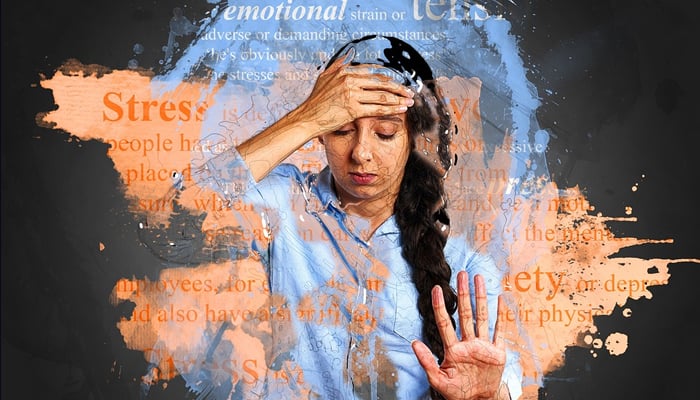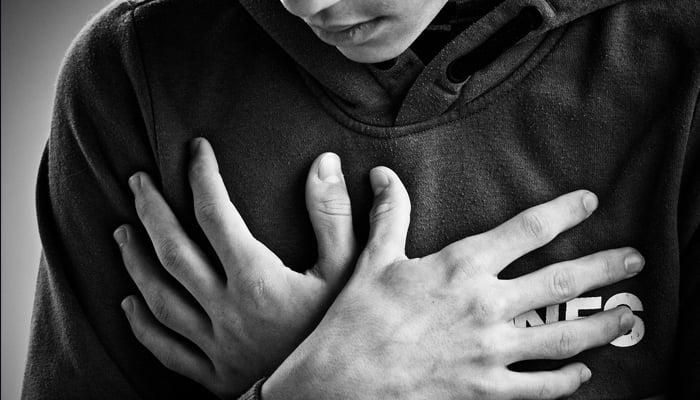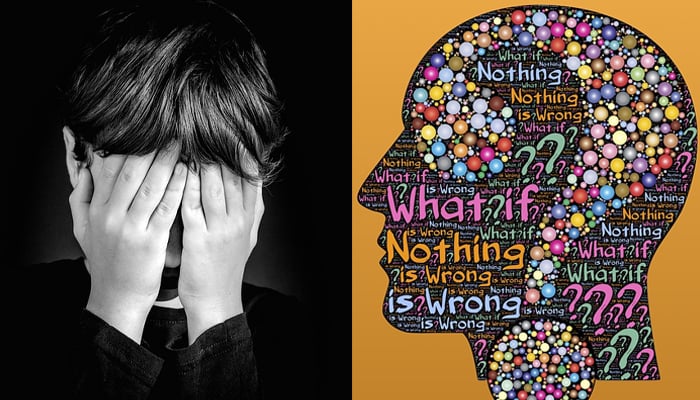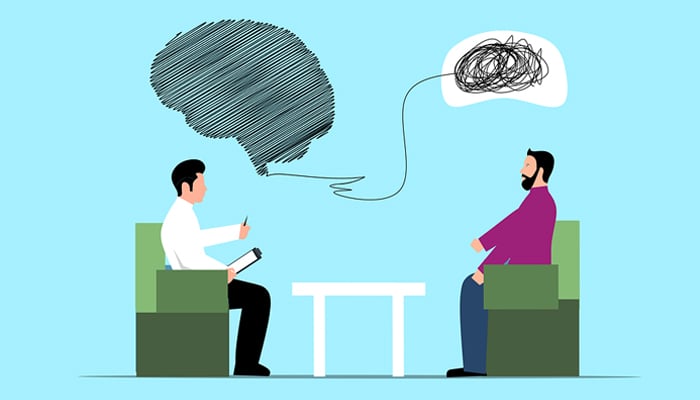Find out what anxiety feels like and if you have it
Here is a rundown on what anxiety actually is, what it feels like to be anxious and how it can be dealt with
May 23, 2024

A common experience: Anxiety:
Anxiety is our body’s natural response to stress which can be determined by feelings of worry, unease and constant contemplation.
Even though it is a universal human emotion its varying forms and intensities, impacts every person differently, making each experience unique.
Understanding this mental disturbance is the prime key to effectively manage its effects and promote a healthier living.
Types of Anxiety Disorders:

There is a vast range of how a body reacts to the feeling of anxiety, on the basis of which, they have been classified into different types. These include:
1. Generalized Anxiety Disorder (GAD)
2. Panic disorder
3. Social anxiety disorder
4. Specific phobias
5. Separation anxiety
Each type is characterized by a specific set of challenges and symptoms however all of them share the common pattern of excessive worry and fear.
Causes and Triggers of Anxiety:

Anxiety can be triggered from a combination of factors that are genetic, environmental, and psychological.
Stressful life changes, traumatic events, genetic predisposition, and chemical or hormonal imbalances from the brain can contribute to the development of anxiety.
Additionally, certain triggering tasks or work may propagate the feelings of anxiety, such as social interactions, public speaking, or performance pressure.
Anxiety Management:
Managing anxiety effectively includes opting for different strategies such as cognitive-behavioral therapy (CBT), medication, mindfulness practices, and lifestyle changes like healthy coping mechanisms, regular exercise and adequate sleep.
Seeking professional help for anxiety and developing a trusted support network work wonders as a person takes their steps toward recovery.
Shatter the anxiety stereotypes:

Anxiety is not a sign of weakness, it is important to understand it is rather a legitimate medical ailment which deserves recognition, compassion, understanding and treatment.
Breaking stereotypes and stigmas surrounding mental health leads to open dialogue which makes a person feel heard.
By promoting awareness and acceptance for not only anxiety but overall mental well-being, we can develop a more empathetic and inclusive society that would facilitate access to support and resources for help.











